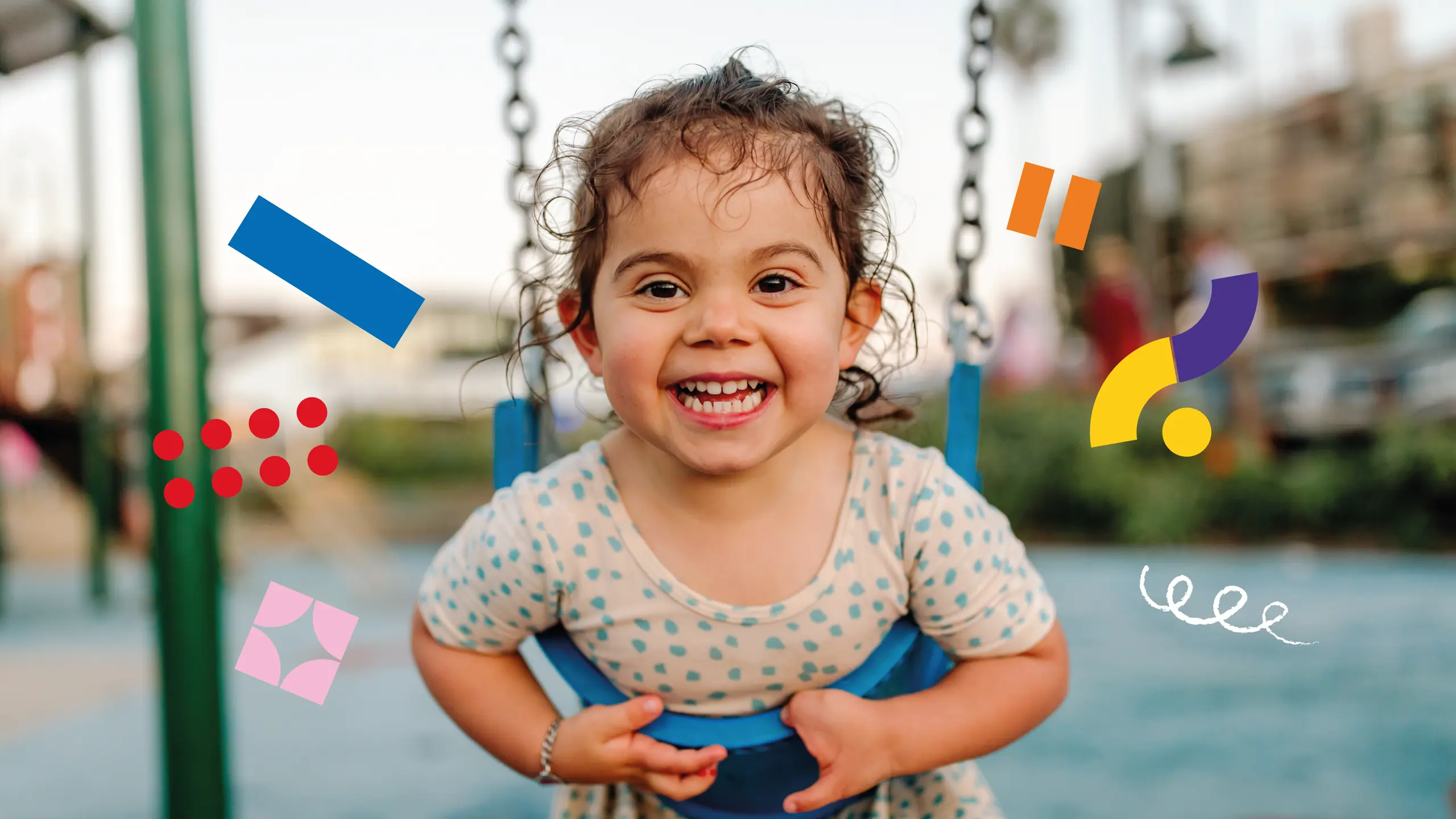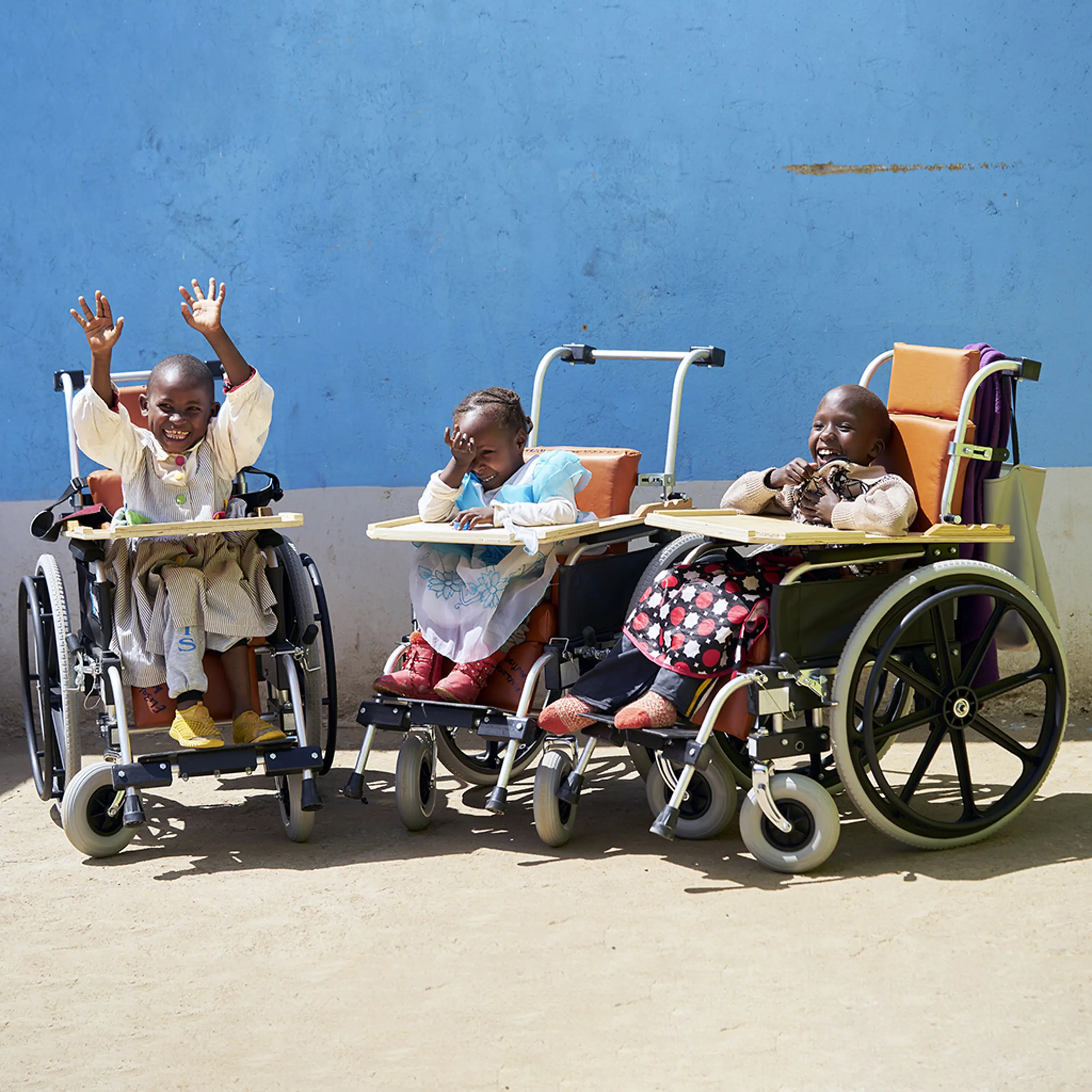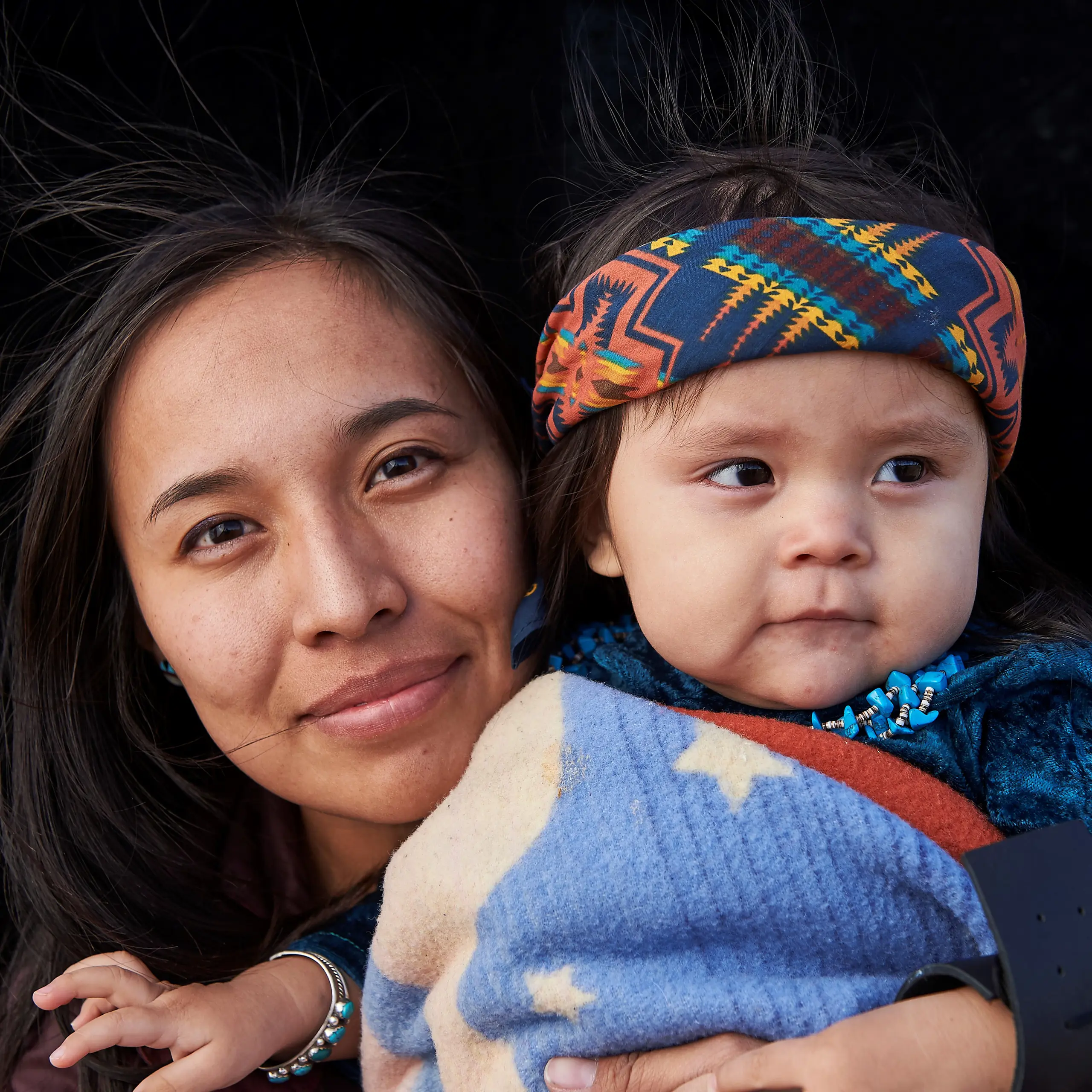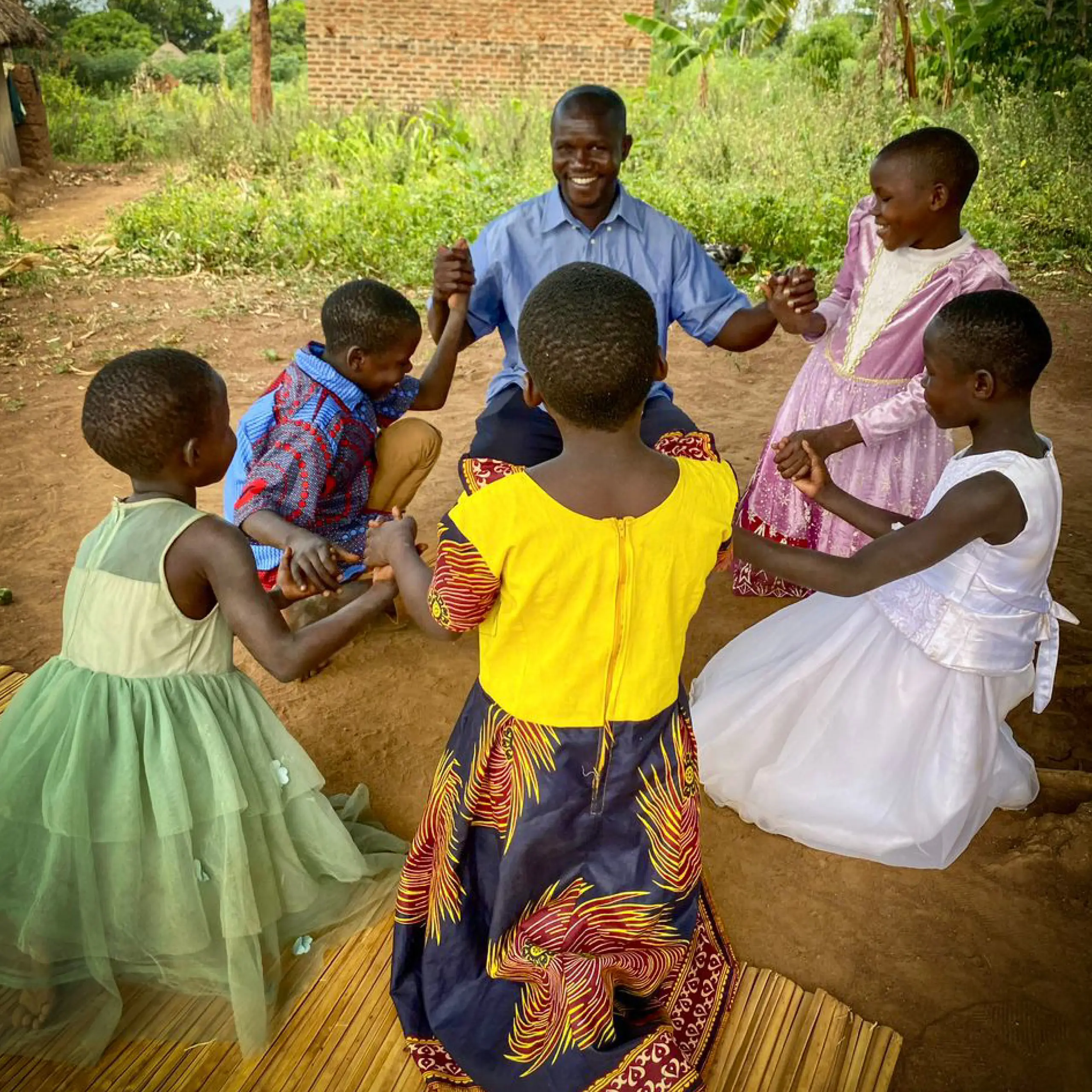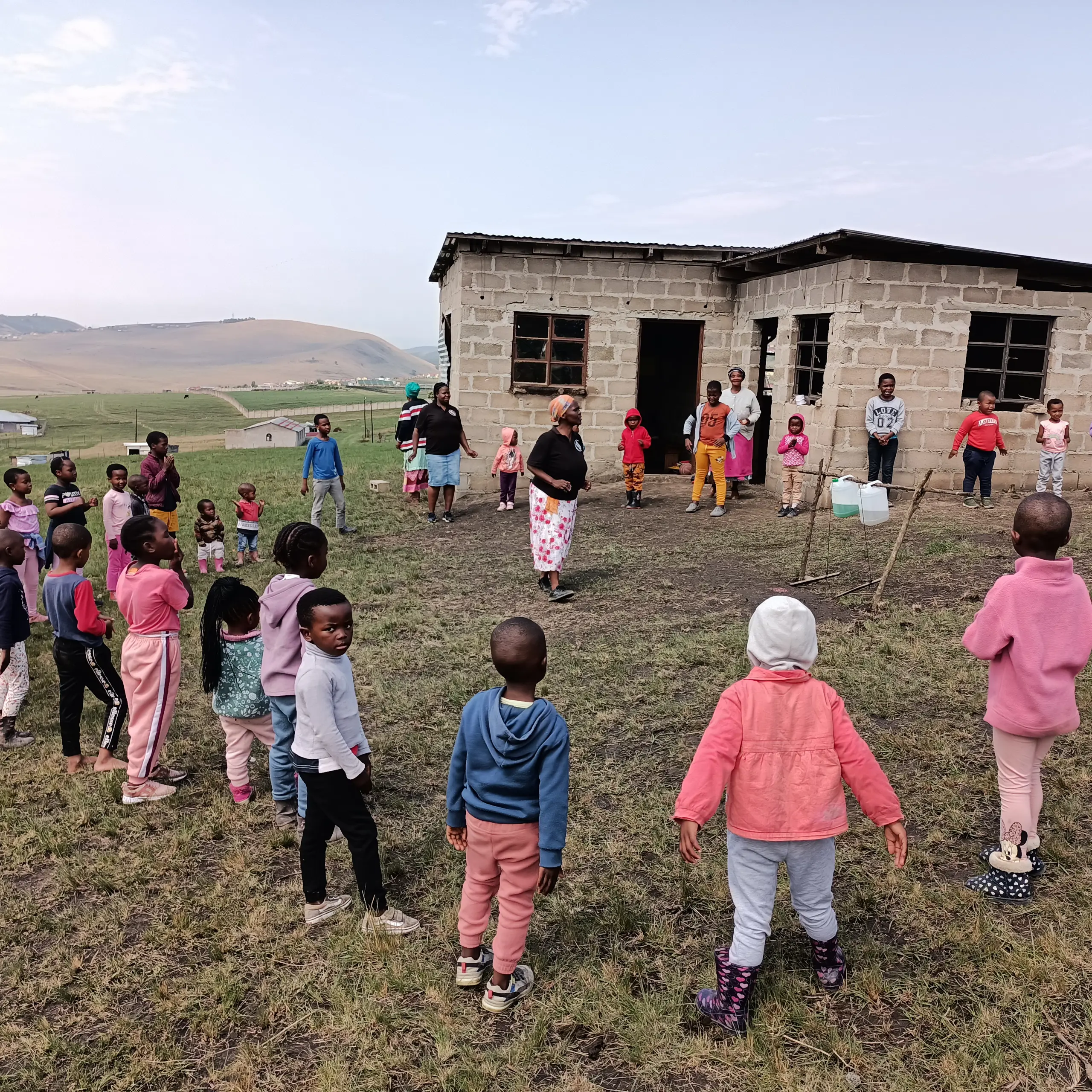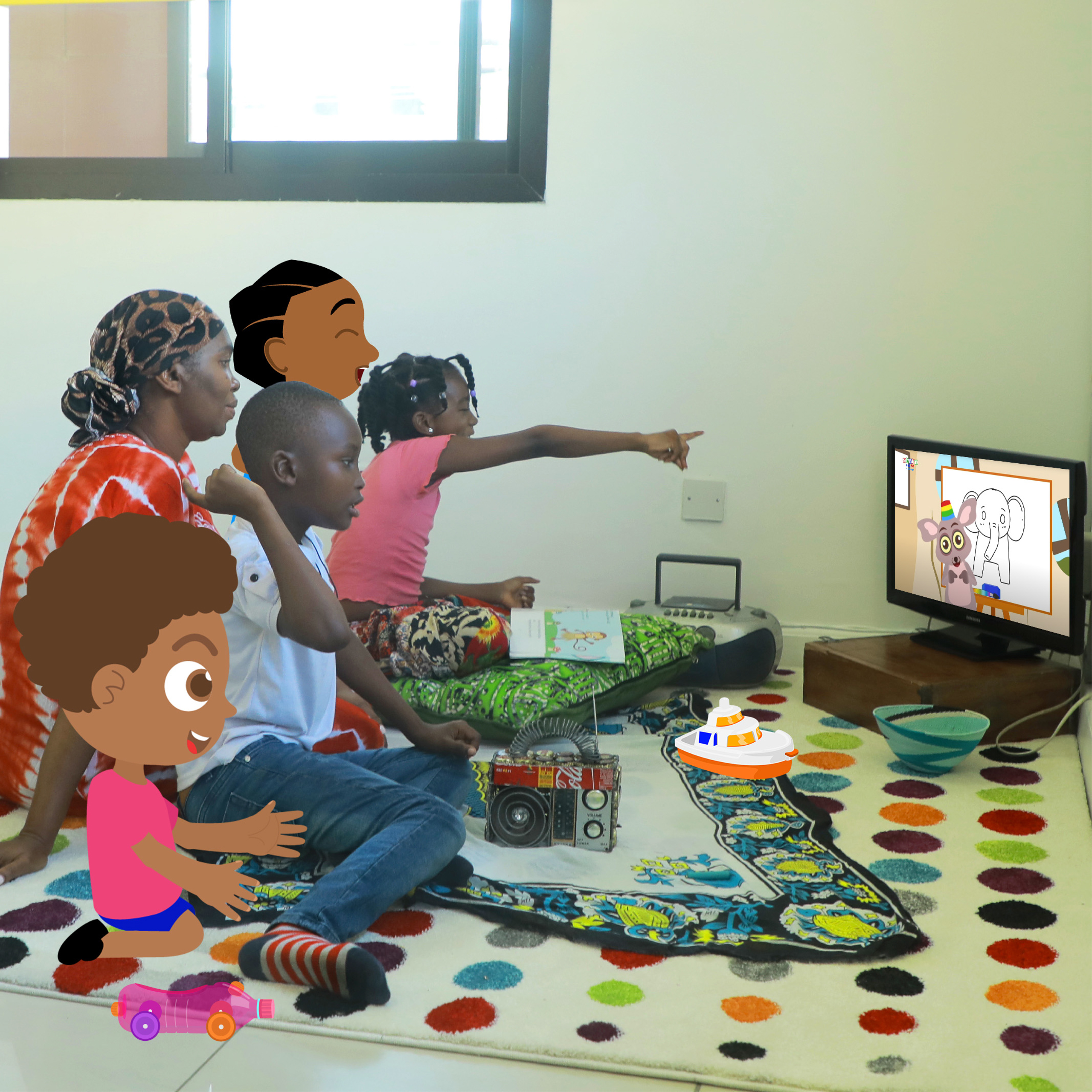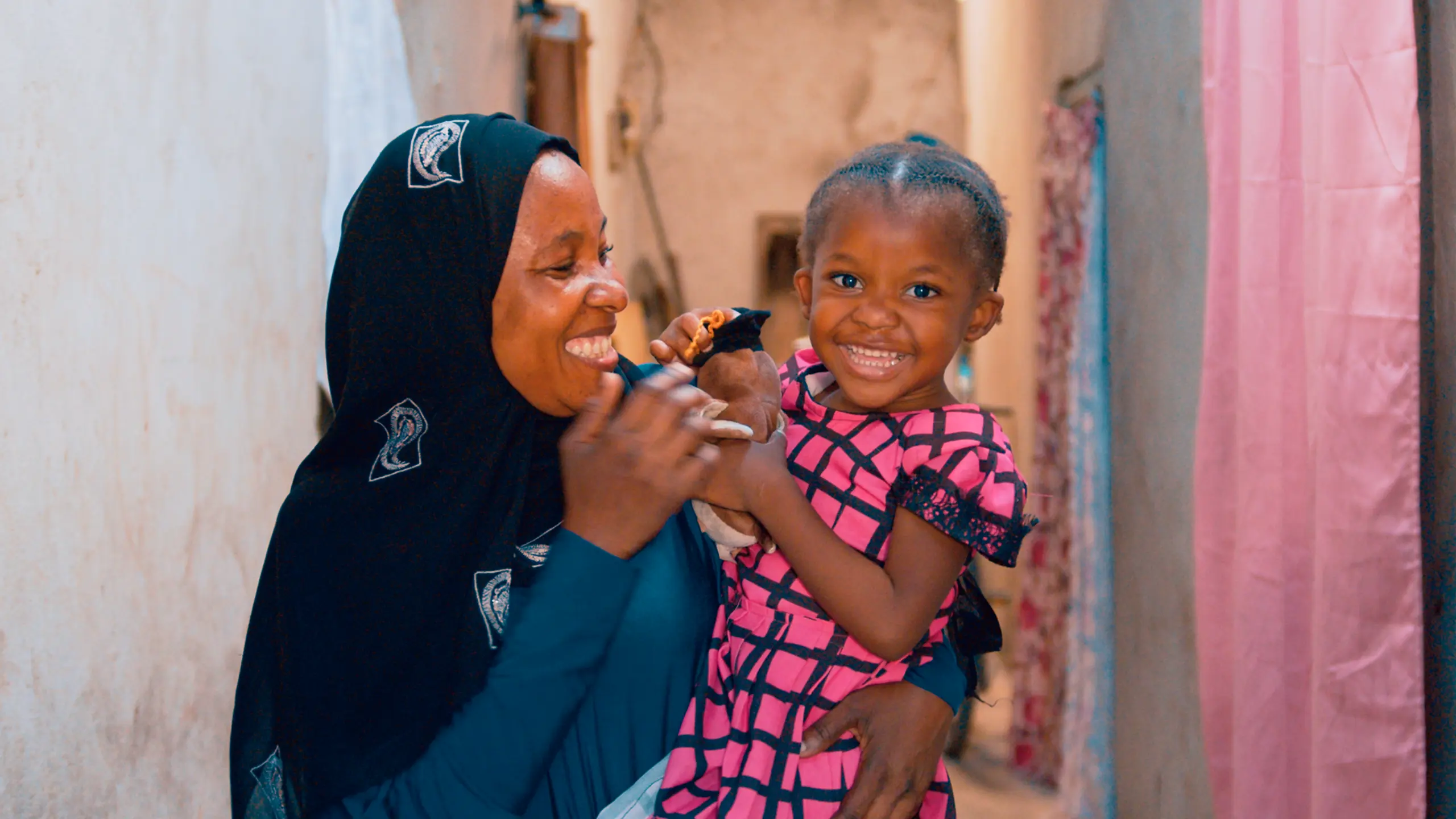Celebrating Five Organisations that Give Children the Best Start in Life
2022 marked the LEGO® brand’s 90th anniversary, 9 decades dedicated to play, imagination, curiosity, and learning. At the LEGO Foundation we put our heads together and asked ourselves, how do we celebrate in a way that reaffirms our commitment to the world’s children?
Baby steps won’t do
There’s a critical window to give children the best start in life. Yet children under six are often forgotten in national plans. It’s a global crisis: millions of children around the world don’t have access to quality learning and health services and the critical support that they and their families need– an emergency exacerbated through the COVID-19 pandemic, conflict, and climate change.
We need to invest in children from day one
If we’re going to build a world that puts children first, we need bold ideas. And the investments to make them reality. So we teamed up with Lever for Change to run a global challenge designed to identify 5 bold, innovative, and impactful solutions. The winning projects will receive a total of 900 million Danish kroner in grants combined, to turn their ideas into reality.
